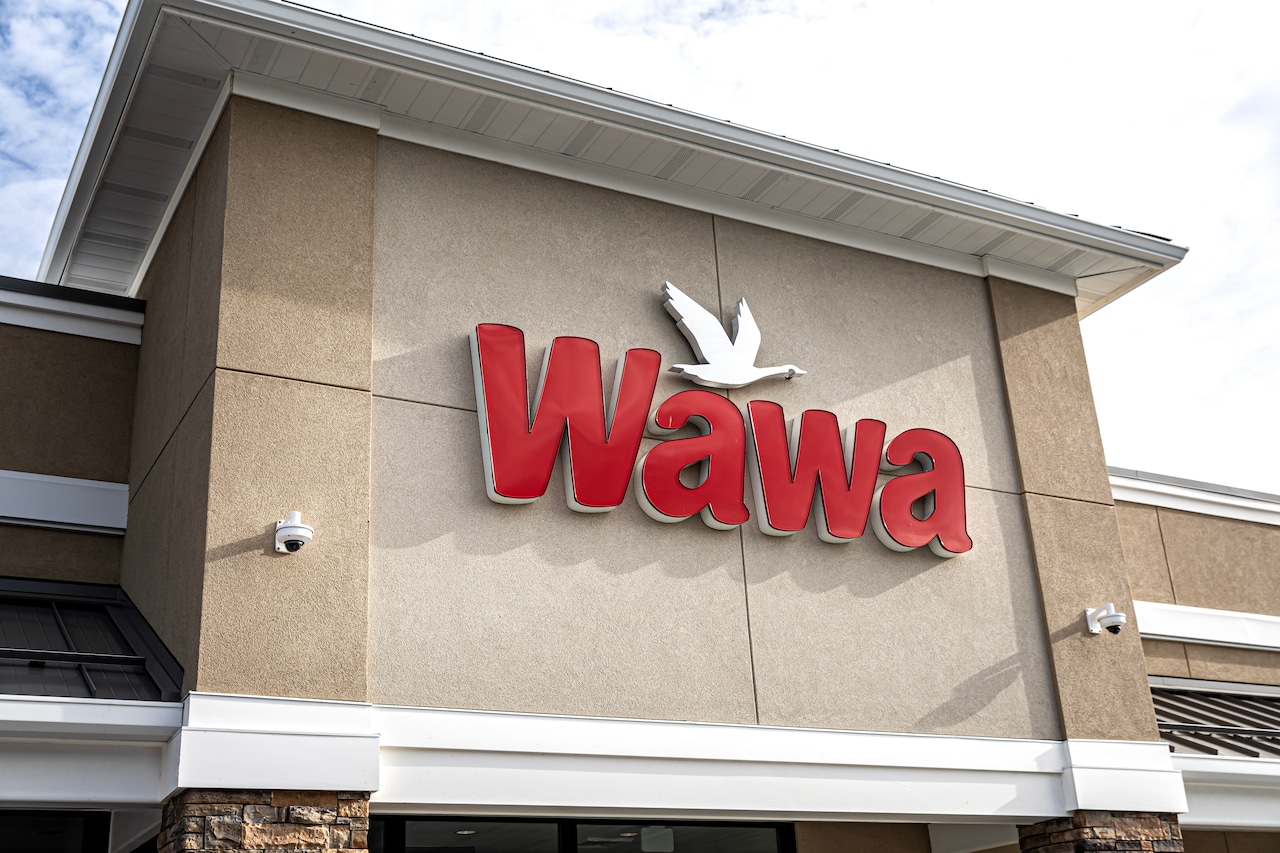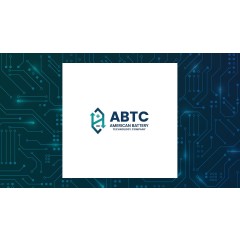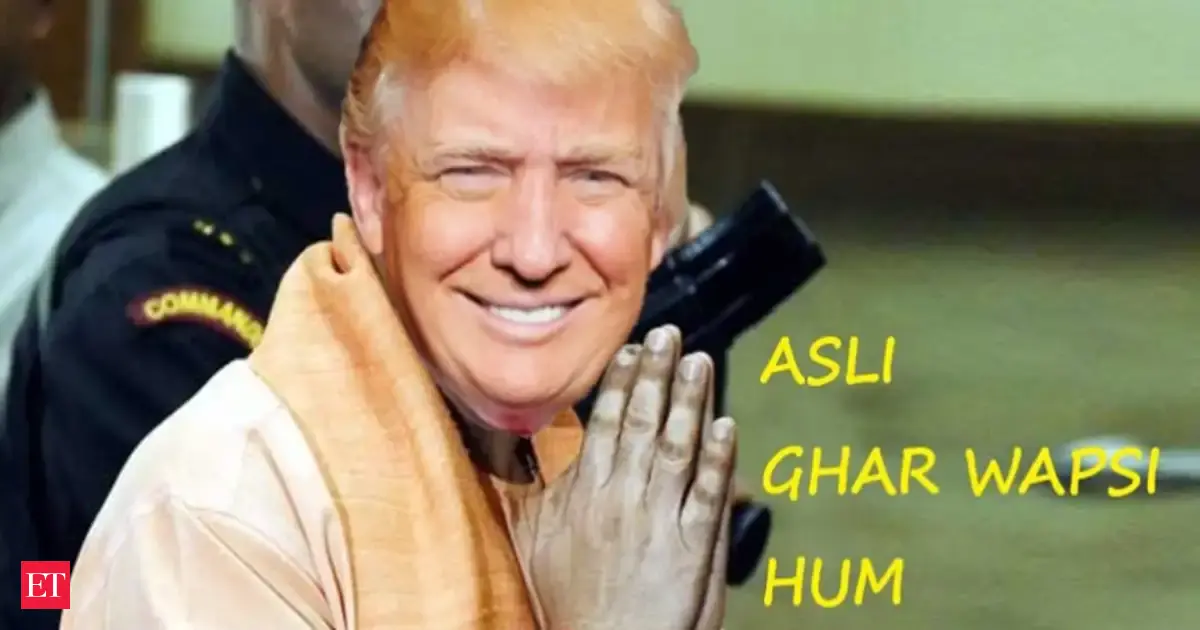
While startup and industry leaders in tech, finance, and healthcare worried the new rule would hurt their ability to hire foreign workers, the Trump administration argued the new rule would help U.S. Citizenship and Immigration Services (USCIS) reduce visa fraud and prioritize high-skilled immigrants for whom companies are willing to pay the exorbitant new fees.
To address some of the confusion on how the rules would be implemented, the administration also issued a few clarifications over subsequent days: The visa fee would not apply to workers who already have the visa or those who have submitted their application before September 21. The fee would also only apply to applicants who currently reside outside the United States.
Traditionally, the majority of H-1B visas have been sponsored by two very different groups of companies. The first, Big Tech companies looking to fill their labor shortages for engineers and computer scientists. The second, information technology outsourcing firms like InfoSys or Tata Consultancy that want to nearshore tech workers from India to do less specialized tasks like quality assurance or systems administrations, often for those same tech companies.
The Trump administration’s clarifications seem to suggest that it is targeting the latter. “If it’s done right,” Xiao Wang, the CEO of Boundless Immigration, told Inc. “And these rules only apply to people outside the U.S. who aren’t qualified for other [visas]. What this policy shift does is level the playing field.”
The U.S. government caps the number of H-1B visas at 85,000. They are issued through a lottery system, and the applicant pool is often more than triple the number of available visas. That means that even if a company wants to sponsor a foreign worker, an applicant has roughly a one in four chance of actually getting a visa.
Outsourcing firms have long been accused of gaming the immigration system by misrepresenting an employee’s responsibilities or even committing fraud by submitting multiple H-1B applications for one applicant. If the Trump administration’s visa rules only target foreign workers residing outside of the United States, it could hurt outsourcing firms more than startups and tech workers.



